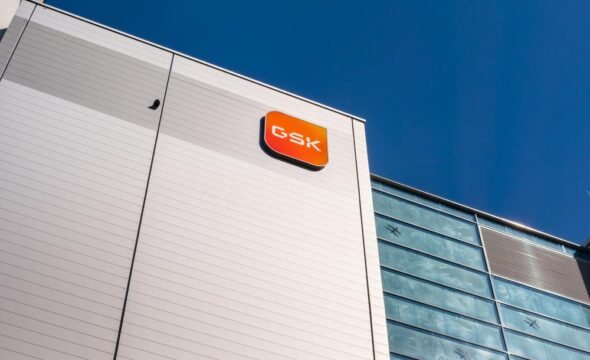Advertisment
FDA approves Susvimo (ranibizumab injection) 100 mg/mL for the treatment of diabetic macular edema – Roche

Roche announced that the FDA has approved Susvimo (ranibizumab injection) 100 mg/mL for the treatment of diabetic macular edema (DME), a leading cause of vision loss in adults with diabetes, affecting more than 29 million adults worldwide. Susvimo is the first and only FDA-approved treatment shown to maintain vision in people with DME with fewer treatments than standard-of-care eye injections. Susvimo is now available to US retina specialists and their patients with DME.
“I am excited to offer Susvimo to my patients living with diabetic macular edema who want an option with longer intervals between treatments due to their busy personal and professional lives,” said vitreoretinal surgeon, Jordan Graff, MD, Barnet Dulaney Perkins Eye Center, Arizona, US. “Having completed dozens of Susvimo surgeries in my patients with wet, or neovascular, age-related macular degeneration (nAMD), I’ve seen first-hand how Susvimo, with its continuous delivery of medication, can help preserve vision with fewer treatments. I look forward to broadening Susvimo’s impact to even more patients in my clinic.”
The FDA decision was based on positive one-year results from the phase III Pagoda study, which showed that Susvimo demonstrated sustained vision improvements in people with DME, with safety consistent with the known safety profile for Susvimo. In Pagoda, people with DME who received Susvimo refilled every six months achieved non-inferior improvements in vision compared with those receiving monthly 0.5 mg ranibizumab intravitreal injections (9.6 eye chart letters, similar to gaining two more lines on an eye chart, compared to 9.4 letters, respectively). Susvimo provides continuous delivery of a customised formulation of ranibizumab via the Port Delivery Platform, while other currently approved treatments may require eye injections as often as once per month. Susvimo was first approved by the FDA for the treatment of nAMD in 20219 Discussions with other global regulatory agencies are ongoing.
About the Pagoda study; Pagoda (NCT04108156) is a multicentre, randomised, active treatment-controlled, non-inferiority US-based phase III study evaluating the efficacy, safety and pharmacokinetics of Susvimo (Port Delivery Platform with ranibizumab) refilled every six months compared with monthly ranibizumab 0.5 mg intravitreal injections, in 634 people with diabetic macular edema. Participants were randomised 3:2 to receive either Susvimo refilled every six months or continued monthly intravitreal ranibizumab injections. In the Susvimo arm, participants received four loading doses of intravitreal ranibizumab, before Susvimo implantation at week 16. The primary endpoint of the study is a change in best-corrected visual acuity score (the best distance vision a person can achieve – including with correction such as glasses – when reading letters on an eye chart) from baseline at the average of week 60 and week 64. Following primary analyses, participants who were initially randomised to intravitreal injections received Susvimo, with refills every 24 weeks.
About Susvimo® (Port Delivery Platform with ranibizumab) in the US; Susvimo is a refillable eye implant surgically inserted into the eye during a one-time, outpatient procedure. Susvimo continuously delivers a customised formulation of ranibizumab over time. Ranibizumab is a vascular endothelial growth factor (VEGF) inhibitor designed to bind to and inhibit VEGF-A, a protein that has been shown to play a critical role in the formation of new blood vessels and the leakiness of the vessels. The customised formulation of ranibizumab delivered by Susvimo is different from the ranibizumab intravitreal injection, a medicine marketed as Lucentis (ranibizumab injection) , which is approved to treat neovascular or ‘wet’ age-related macular degeneration (nAMD) and other retinal diseases. Lucentis was first approved for nAMD by the FDA in 2006. Roche is also developing DutaFabs – the next generation of bispecific antibodies designed for increased efficacy and durability – tailored for continuous delivery via the Port Delivery implant.





